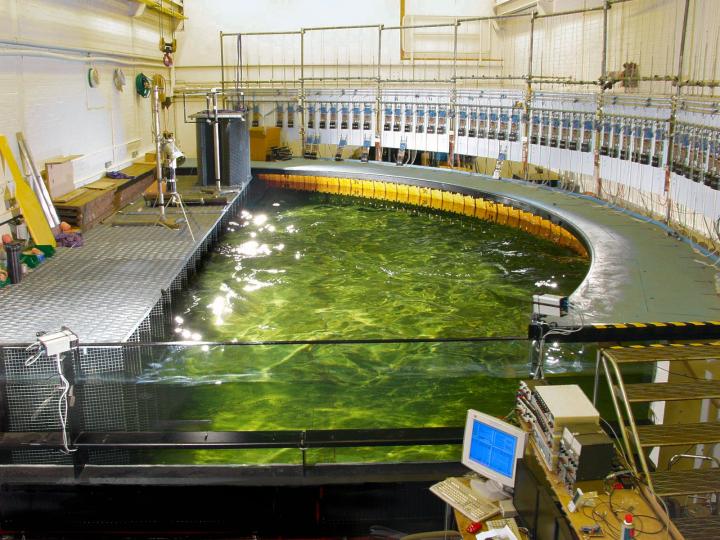Salter's Ducklings: How digital archives are being used for next generation of PhDs
Thanks to the efforts of Apps staff, digitally archived research into wave technology device known as 'Salter's Duck' are available to the next generation of renewable energy researchers.

In May 2022 staff at the Centre for Research Collections digitally archived vital research and content from the defunct Homepages server. This included the findings of Professor David Salter’s iconic wave energy research, which resulted in the design of the iconic ‘nodding duck’ device.
More than a year since this digital archive project was completed, postgraduate students have been able to access the content to apply to new renewable energy research. Student Thomas Giles is starting a PhD project with FloWave and Wave Energy Scotland and has been able to request access to the past wave energy designs and scans stored in the secure digital archive, maintained by the Applications Directorate for the University’s Information Services Group.
I would like to look into design of the duck as my PhD is exploring combining wind and wave energy generation and I wish to explore all of the previous wave energy designs to then assess which technology could be most easily paired with offshore floating wind turbines for commercialisation.
Also known as the Edinburgh duck, this device converts wave power into electricity and was initially developed through Professor Salter’s study on a lavatory cistern while at the University.
It was created in response to the oil crisis in the 1970s and remains an important tool in UK wave energy research.
Related Articles
Archiving Salter’s research into renewable energy and geoengineering.

